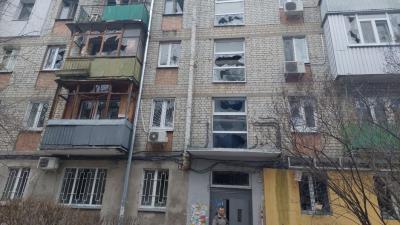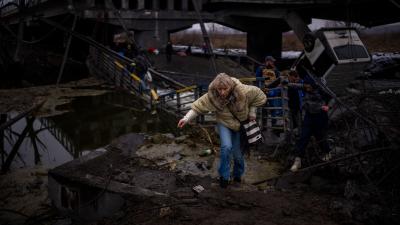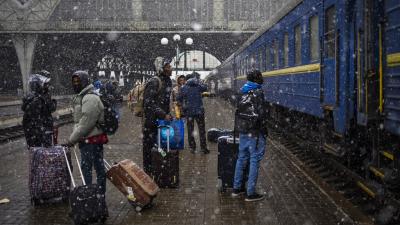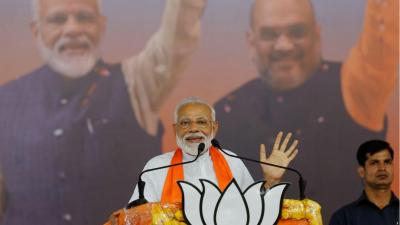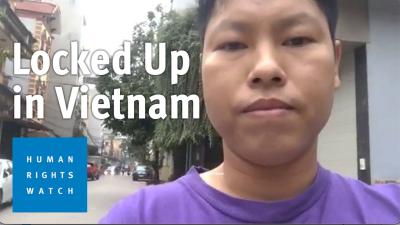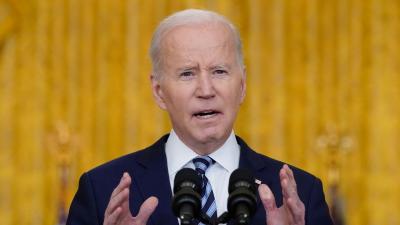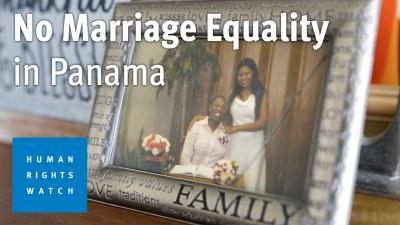International Women’s Day 2022
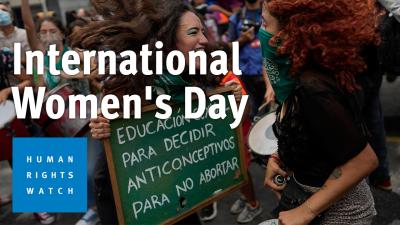

(New York, October 29, 2020) – Governments should maximize Covid-19 vaccine access and affordability for people worldwide, and those funding vaccines with public money should be transparent about the terms and conditions attached, Human Rights Watch said in a report released today. Governments should support India and South Africa’s proposal to waive some aspects of global intellectual property (IP) rules to enable large-scale manufacturing and make vaccines affordable for all.
The 62-page report, “‘Whoever Finds the Vaccine Must Share It’: Strengthening Human Rights and Transparency around Covid-19 Vaccines,” examines three significant barriers to universal and equitable access to any vaccine that is found to be safe and effective – transparency, supply, and pricing. Human Rights Watch spells out governments’ human rights obligation to ensure that the scientific benefits of the research they fund with public money are shared as widely as possible to protect people’s lives, health, and livelihoods. Human Rights Watch also argues that using public money without reporting its terms and conditions undermines the human rights principles of transparency and accountability. Governments should take steps to maximize the availability and affordability of safe and effective vaccines and minimize debt for low- and middle-income countries.

